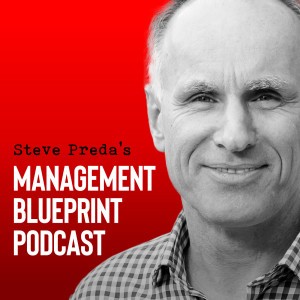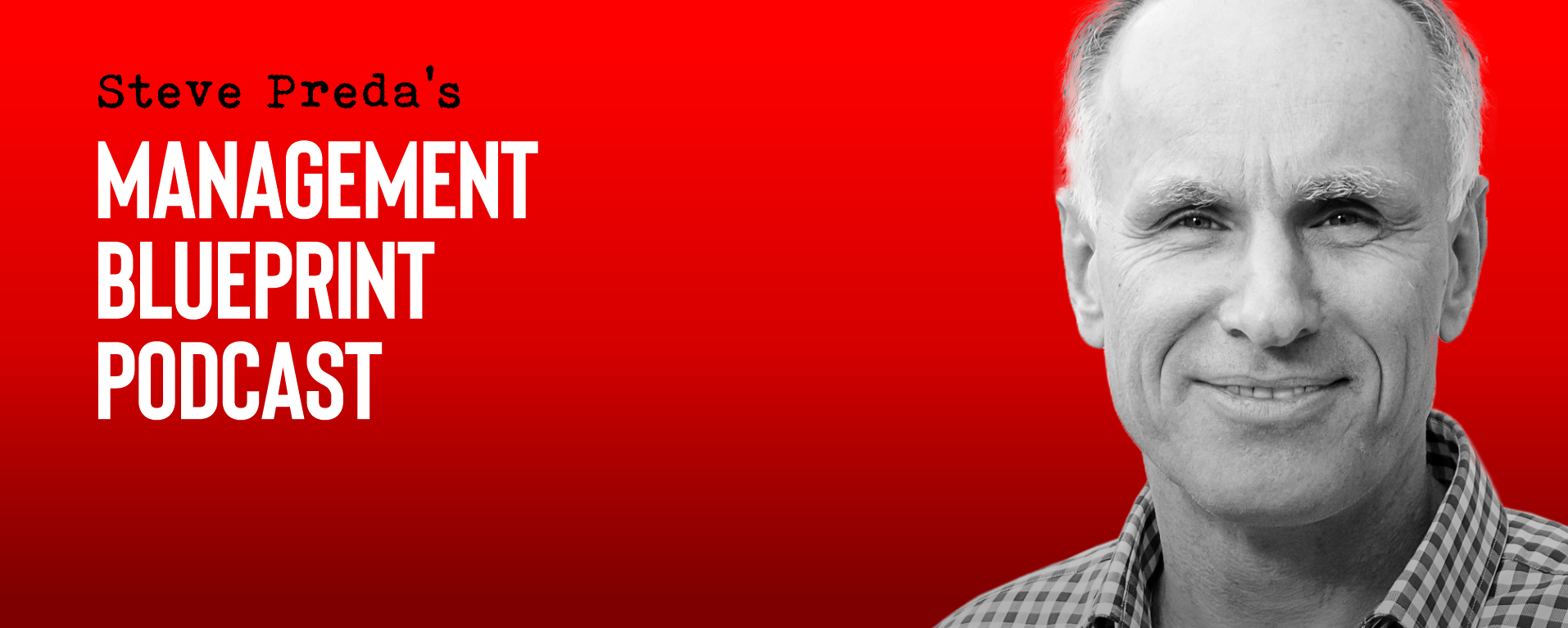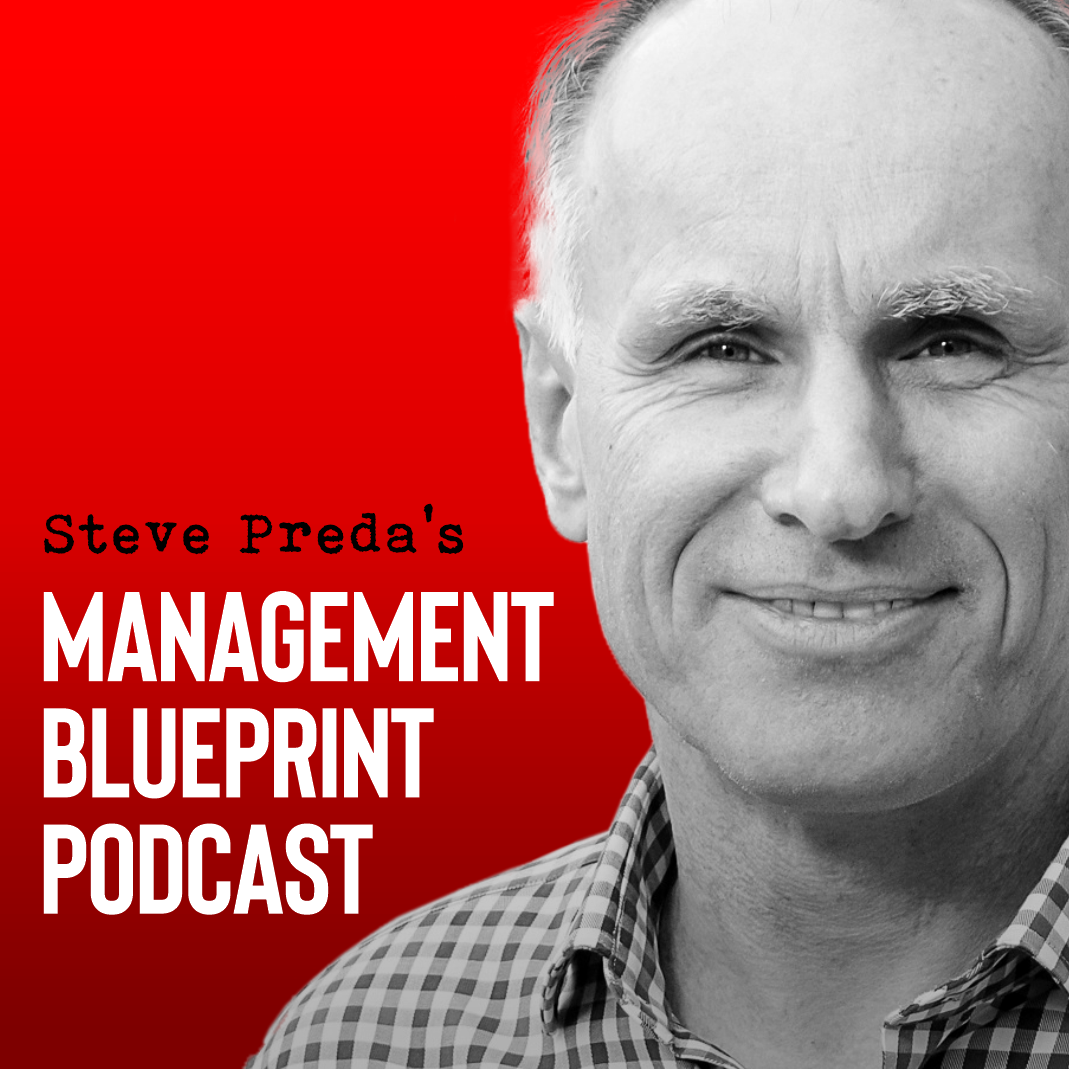Episodes

Tuesday Aug 04, 2020
06: Why Serving Your Clients is a Disservice
Tuesday Aug 04, 2020
Tuesday Aug 04, 2020
In this episode, I discuss why serving your clients is a disservice. I provide real-world examples of how business owners brought success by learning to delegate, and share key tips for building a self-sustaining business.
Time Stamps
[0:30] Given that business owners are often very knowledgeable, they tend to fall into the trap of selling their own services, rather than the services of their business to clients. The success of their business is too often heavily dependent on one person, usually the founder.
[1:05] Reasons that business owners are reluctant to delegate — they worry about not providing the best service to clients, they worry about affecting the brand.
[2:00] The various hats that the owner of a growing professional services firm ends up wearing — promoting, closing deals, managing people and projects, quality control, firefighting, executing projects
[3:12] Why building a business around yourself is a ceiling for business growth. The process of transitioning my business to a self-sustaining one, starting from tasks that were the easiest to delegate to the more difficult tasks
[3:33] My experience of delegating administrative tasks to an assistant — he had to switch assistants six times
[4:19] How I delegated the execution of transactions — delivering documentation for investment banking deals, financial modeling, info memos, books
[4:59] Concerns about quality control — how I used to iteratively make tedious corrections to any info memo draft or financial model
[5:45] How my heavy involvement in quality control gave other people permission to be more lax with their work outputs
[6:04] Suggestion for delegating quality control — creating processes, using things like checklists that people can use to regulate the quality of their work
[7:47] Delegating management tasks to other people
[8:09] Delegating sales tasks to my colleagues — gradually speaking up less at presentations to potential clients etc.
[9:01] How delegation entails including newer people who are more excited about a task — and this excitement reflects well on the business. The newer people pay attention to details and are less prone to treat a task as purely routine
[10:22] Delegating promotion to other people. Promotional tasks are especially difficult to pass on because they require passion, intuition, vision and communication skills
[11:05] How creating verticals such as “healthcare” and “engineering” within a business generates self-sustainability. Each person is strongly invested in their area of expertise
[11:51] How to generate traction in a purposeful and meaningful way — using the Entrepreneurial Operating System (EOS) helps with creating structure and designing major roles
[13:22] How providing and communicating vision is central to the task of delegation. Steve recommends using the Vision-Traction Organizers (V/TO) provided by the EOS, which allows you to think about the vision of a business in eight simple questions, and to set up short-term and long-term goals
[13:55] The impact of using V/TOs — people have clear direction and know what is expected of them
[14:35] Helpful resources for transitioning to a self-sustaining business (linked below)
[16:01] The most important benefit of delegation — you may think your clients appreciate your personal attention, but they will be concerned with the sustainability and credibility of your business if you do not delegate
[16:42] How delegating can free up a business owner’s mental space for more important questions. “By systemizing the predictable, we can humanize the exception” - Gino Wickman -
[17:24] Real-world example of the success of delegation — a CEO of a commercial bank requested to talk to a managing partner at McKinsey who had advised a competitor commercial bank. If this managing partner had been too active in his projects, he would not be able to help in this important situation which more strongly required his experience and expertise
Conclusion
Are you transitioning towards a self-sustaining business? What problems have you faced during this process?
We’d love to hear your comments and questions! Here are some resources that you might find helpful:
Steve’s EOS Blog [https://tractionequity.com/eos-blog/]
Join a Weekly Webinar with Steve
Free Books by Steve Preda - the Traction Equity Library
Free Chapters of Books on EOS - the Traction Library
https://StevePreda.com


No comments yet. Be the first to say something!